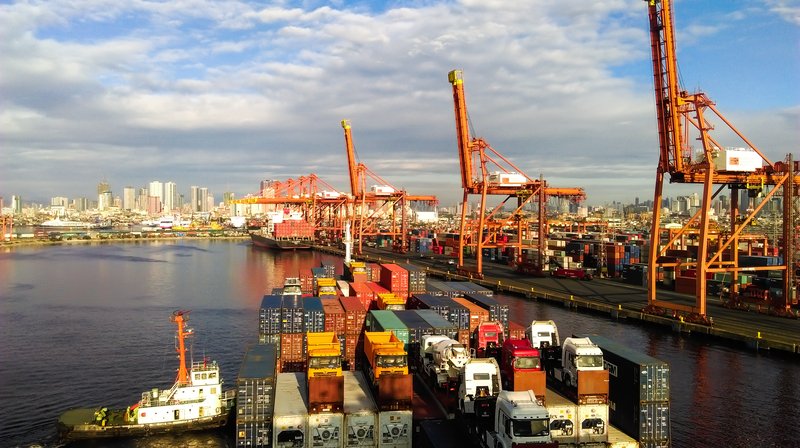DEVELOPED countries should consult developing countries such as the Philippines in crafting global sustainability rules to prepare these markets for the impact of stringent regulations that may hamper global trade, according to a United Nations official.
“A lot of European Union regulations are coming out, the [EU] deforestation [regulation] is one example of it. But we also have corporate sustainability due diligence directive that was adopted early this year,” Surya Deva, UN Special Rapporteur on the Right to Development, told reporters on the sidelines of the 16th Investment Policy Forum held in Pasay City on Wednesday.
“I think some of these regulations have a good intention, but the difficulty I see is in terms of the process—that whether the countries in, let us say, in the global south or in Asia, were they consulted properly before these regulations were pushed forward by the European Union?” Deva pointed out.
In the case of the Philippines, Deva said, “the Philippines definitely has the technical expertise, the people, human capital, is definitely very well advanced in terms of that. But then, [the] Philippines is part of a global ecosystem, right? So, we have to ensure that the global rules are also there to ensure that the government of Philippines is able to promote that kind of a sustainability.”
Otherwise, the UN official emphasized that in adhering to the same set of rules in terms of sustainability, “markets may not be ready to bear that kind of a model of sustainable development.”
Moving forward, the UN official said in crafting more global rules, “Those rules must be developed in a more participative fashion, rather than being imposed by European Union or any particular developed economy.”
Nonetheless, Deva said he believes the Philippine government can adapt to these regulations. However, he noted that the country “can be proactive in terms of preparing, being ready in terms of the economy and how these regulations are going to impact the local businesses, and others.”
The UN official also noted that the Philippine government can work with governments within Asia so that they can “leverage better in terms of negotiation.”
According to an international study cited recently by the Philippine Exporters Confederation, Inc. (Philexport), the Philippines was included in the 12 countries that have “low” overall readiness to meet upcoming EU sustainability demands, with small and medium-sized enterprises (SMEs) particularly vulnerable to the new requirements as their capability to understand, prioritize, and address sustainability demands appears “limited.”
“In light of this, the study underscores the need for support measures to prepare companies for increased demands, enabling local firms to better benefit from upcoming opportunities and ensuring that EU companies meet their supply chain impact targets,” said the paper entitled “ESG in Emerging Markets: The effects of EU sustainability regulations on non-EU companies.”
Further, in the case of the Philippines, it was found that in awareness and priority, “companies in the Philippines have amongst the lowest awareness of EU’s ESG legislation, with 72 percent of the companies stating that they are unfamiliar with all the listed EU legislation.”
Image credits: Oana Ungureanu | Dreamstime.com

